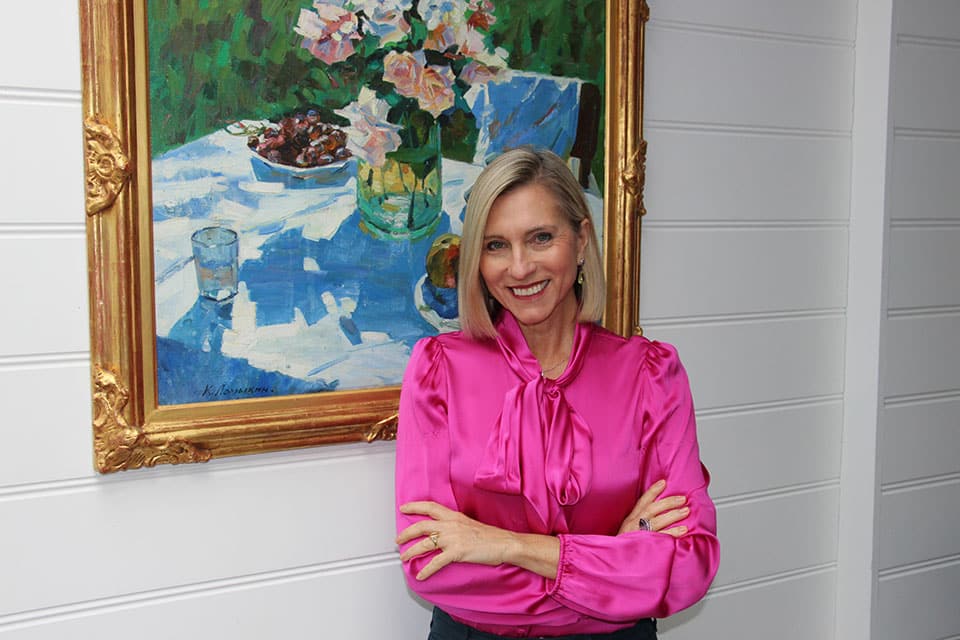How To Cope With Share Market Turbulence

The coronavirus pandemic is just one example of how events beyond our control can impact share markets. The Australian market (ASX200) fell from a post GFC high (February 20), by 37% in just over a month- one of the fastest sell offs since the 1987 crash; then rallied over 20% in April, 2020.
Events such as the coronavirus pandemic are also known as a “black swan”, a term created by risk analyst Nassim Nicholas Taleb, to describe occurrences that come out of the blue. Investing in shares is about the future, and nobody has a crystal ball, so “black swan” or what the experts call risk-off events can catch investors unaware.
My first experience of one such event, was the share market crash of 1987. I recall most clearly awaking to the news that the US share market had fallen almost 25% in what became known as Black Monday. Since then I have witnessed many more such events including the Asian currency crisis of 1996, the collapse of LongTerm Capital Management- LTCM (1997), the Dotcom bust (2001) and the 2008 GFC to name just a few.Corrections of 10% are more regular than we think, crashes like the above mentioned far less frequent.
In every example share markets eventually recovered but some events were riskier to investors. Both LTCM and the GFC posed what experts called systemic risk. That is the nature of the problem is so large that the world’s financial system is at risk of collapse and in both instances the world’s central banks came to the rescue.
Not all black swan events pose a systemic risk, in fact only the minority since the 1929 crash. However, there have been and will continue to be constant sell-offs in share markets originating from the start of wars, natural disasters, politics, excessive leverage or a rise in interest rates, usually marking the start of an economic recession.
As share investors, we are never in possession of 100% knowledge of what will transpire, so to manage the risk, we assume responsibility of what we can control and that is how we invest our savings. This is often referred to managing risk. Think of it as a financial harm prevention measure in the same way as a seat belt is designed to mitigate harm in the event of a car collision.
Managing share market risk
Share investors can manage risk by diversifying the shares they buy, also known as don’t put all your eggs in one basket. This means if something deleterious happens to one share, it will not drag down all your shareholdings.
The second risk management tool is keeping some cash on the sideline for a major sell-off event, like the March 2020. Being a share investor means you need to accept share prices move up and down, so it is important to feel comfortable with the shares you own. If share prices fall then you are in a position to buy more.
Warren Buffet, one of the world’s most famous share investors is renowned for his quote “be fearful when investors are greedy and greedy when investors are fearful”. As cited in his February, 2020 letter to investors, Mr Buffet clearly makes the case for investing in quality companies that can survive black swan events.
In the Berkshire Hathaway 2020 letter, they state that “Anything can happen to stock prices tomorrow. Occasionally, there will be major drops in the market, perhaps of 50% magnitude or even greater. But the combination of The American Tailwind, about which I wrote last year, and the compounding wonders described by Mr. Smith, will make equities the much better long-term choice for the individual who does not use borrowed money and who can control his or her emotions. Others? Beware!”
Mr Buffet invests in quality companies that can grow their earnings and dividends. This is turn provides investors with good long-term returns, made up of share price capital gains and income from the dividends.
Good investors can learn to take control of their emotions and with a properly structured share portfolio can turn adverse share market movements to their advantage.
Written by Danielle Ecuyer. Have you read?
# Ranking of the world’s largest crude steel-producing countries 2020.
# Ranking of the world’s best (and worst) countries for old people to live in, 2020
# Countries with the highest life expectancy in the world, 2020
# Cities With The Largest Number Of Skyscrapers In 2020
Bring the best of the CEOWORLD magazine's global journalism to audiences in the United States and around the world. - Add CEOWORLD magazine to your Google News feed.
Follow CEOWORLD magazine headlines on: Google News, LinkedIn, Twitter, and Facebook.
Copyright 2025 The CEOWORLD magazine. All rights reserved. This material (and any extract from it) must not be copied, redistributed or placed on any website, without CEOWORLD magazine' prior written consent. For media queries, please contact: info@ceoworld.biz









